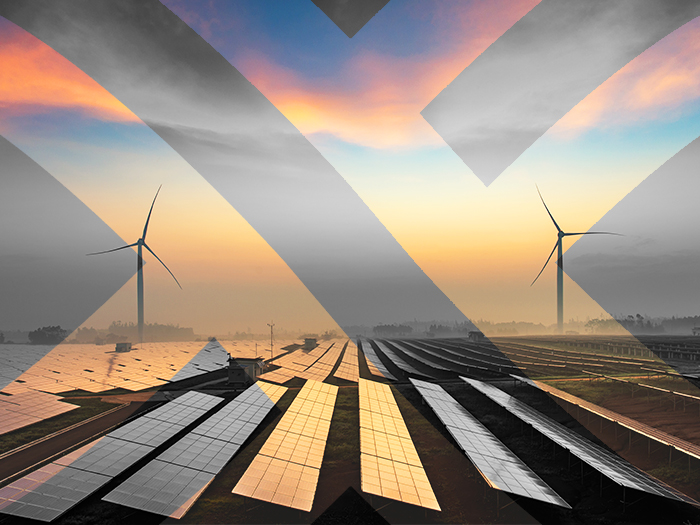Insights
better business decisions
Posted 3 years ago | 3 minute read

Canada introduces tax credits for clean energy technologies
The Canadian government has announced its intention to offer tax incentives for clean energy technologies, such as solar PV, hydrogen, and battery storage.
As part of Canada’s Fall Economic Statement 2022, unveiled on November 11, Deputy Prime Minister Chrystia Freeland proposed a 30% refundable tax credit for the cost of capital investment in electricity generation systems, stationary electricity storage systems, low-carbon heat equipment, and industrial zero-emissions vehicles, along with related charging or refueling equipment.
The 2022 Fall Economic Statement proposes a refundable tax credit equal to 30 per cent of the capital cost of investments in:
- Electricity Generation Systems, including solar photovoltaic, small modular nuclear reactors, concentrated solar, wind, and water (small hydro, run-of-river, wave, and tidal);
- Stationary Electricity Storage Systems that do not use fossil fuels in their operation, including but not limited to: batteries, flywheels, supercapacitors, magnetic energy storage, compressed air energy storage, pumped hydro storage, gravity energy storage, and thermal energy storage;
- Low-Carbon Heat Equipment, including active solar heating, air-source heat pumps, and ground-source heat pumps;
- Industrial zero-emission vehicles and related charging or refuelling equipment, such as hydrogen or electric heavy-duty equipment used in mining or construction;
- The Department of Finance will consult on any additional eligible technologies (such as large-scale nuclear and large-scale hydroelectric).
To incentivize companies to create good jobs, those that adhere to certain labour conditions will be eligible for the full 30% credit, while those that do not will only be eligible for a credit of 20%. The credit would be available as of the day of Budget 2023 and no longer in effect at the start of 2035, subject to a phase-out starting in 2032.
The government also said it aims to make it more appealing for companies to invest in Canada to produce energy that will power a net-zero global economy. The Canada Growth Fund, which will facilitate private investments in low-carbon technologies such as low-carbon hydrogen and carbon capture and storage, will also be established with CA$15B. The fund’s strategic objectives include lowering emissions, assisting Canada in achieving climate goals, and increasing investment in these technologies.
The Growth Fund will attract private sector investment in Canadian businesses and projects that meet the following important national economic policy goals:
- Reduce emissions and achieve Canada’s climate targets;
- Accelerate the deployment of key technologies, such as low-carbon hydrogen and carbon capture, utilization, and storage (CCUS);
- Scale up companies that will create jobs, drive productivity and clean growth, and encourage the retention of intellectual property in Canada; and,
- Capitalize on Canada’s abundance of natural resources and strengthen critical supply chains to secure Canada’s future economic and environmental well-being.
The Growth Fund will be launched by the end of 2022 and the government will take steps to put in place a permanent, independent structure for the Growth Fund in the first half of 2023.






